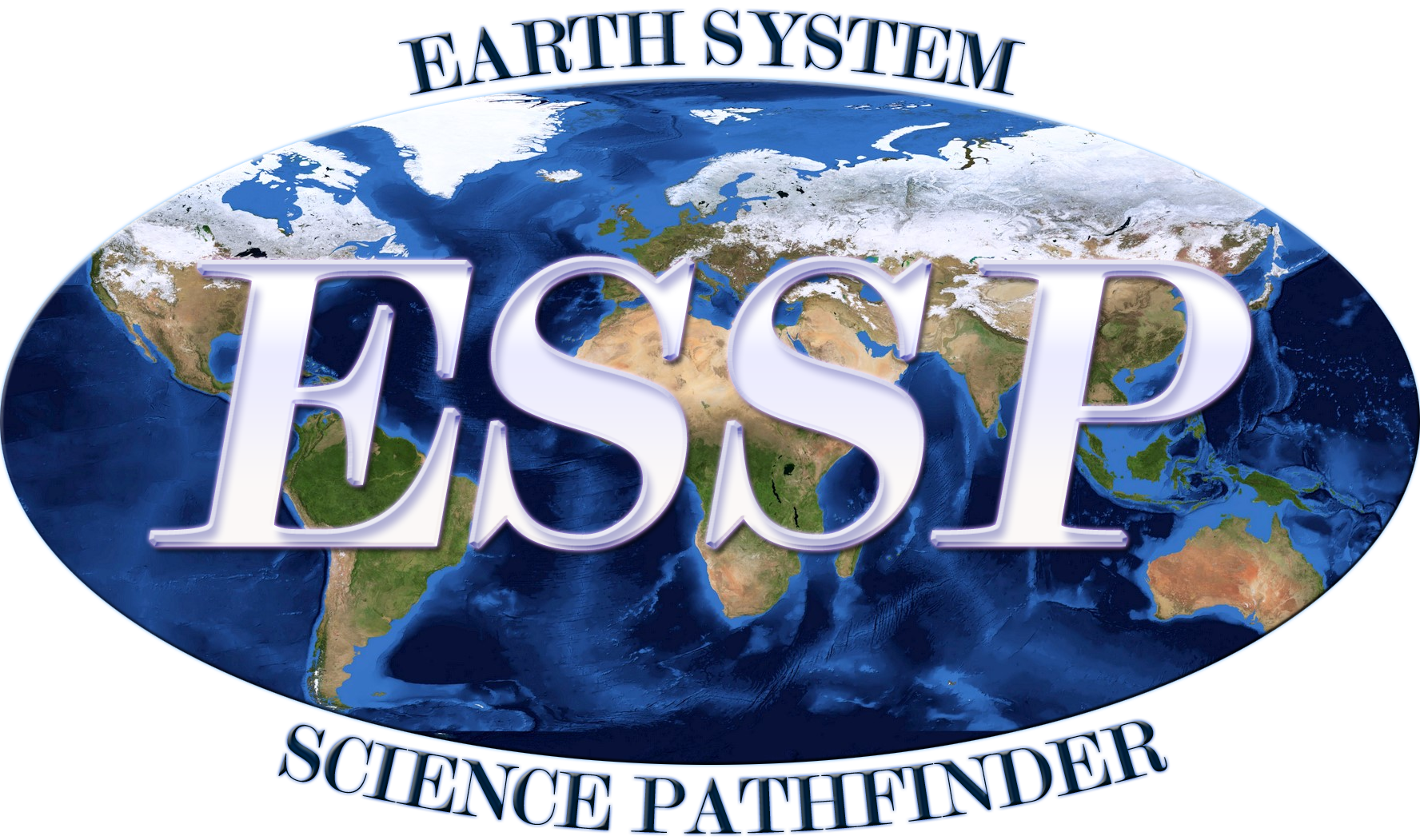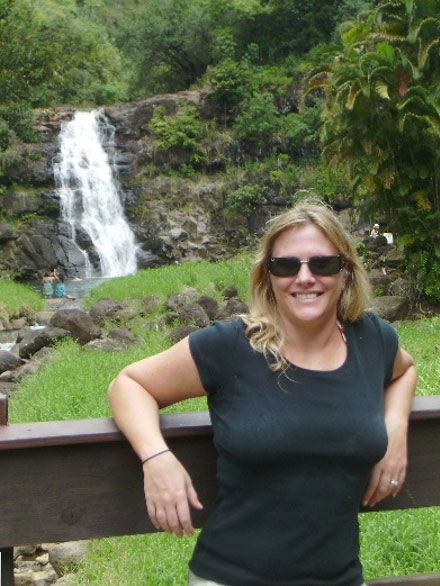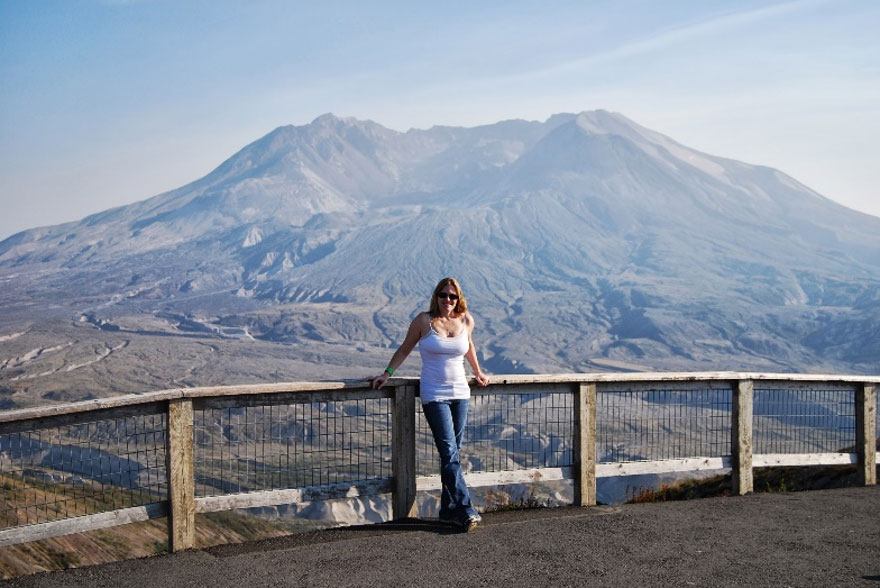Christina Moats-Xavier

Credits: Christina Moats-Xavier
What do you do?
I am the Deputy Program Manager for the Earth System Science Pathfinder Program.
How do you support ESSP projects?
I am responsible for ensuring day to day successful operations, identifying and implementing solutions to problems, and supporting/developing all members of the team in order to ensure the success of our team members and all of the Projects in the ESSP portfolio.
Why is ESSP and the Science important to you?
I love to explore and experience new things. This has included record-breaking, gale force winds in the Scottish Highlands; trekking to Everest Base Camp; and learning about the various cultures while hiking in the Himalayas. Traveling and being out in nature is a big part of these adventures.
I was raised on the west coast of the US, spent many years in the mountains of West Virginia, and now live on the US east coast. In each location, I’ve experienced noticeable changes in the weather over time. I am concerned about our impact on the Earth and how this will influence future generations. The Science obtained by the ESSP projects is enabling understanding, modeling, and prediction of Earth system science processes; this can be used by stakeholders and decision makers to enact change. I feel privileged to be a small part of this.
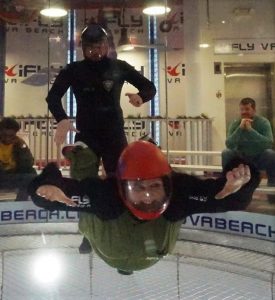
Credits: Christina Moats-Xavier

Credits: Christina Moats-Xavier
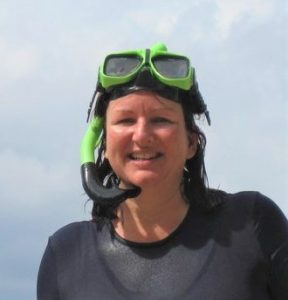
Credits: Christina Moats-Xavier
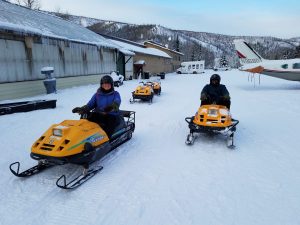
Credits: Christina Moats-Xavier
